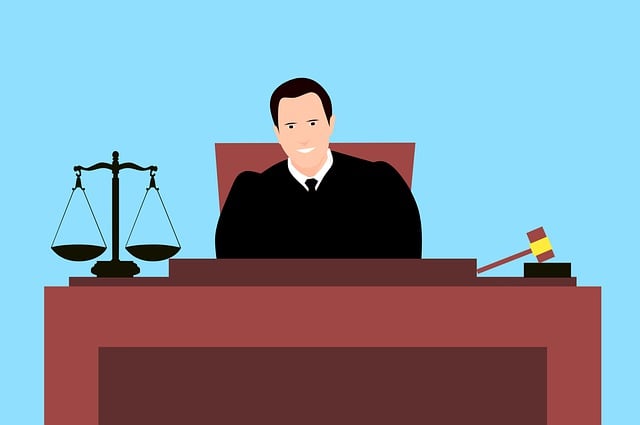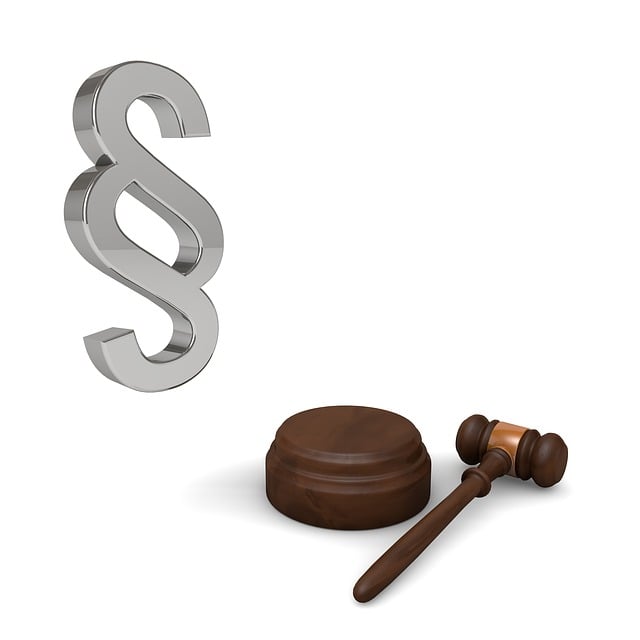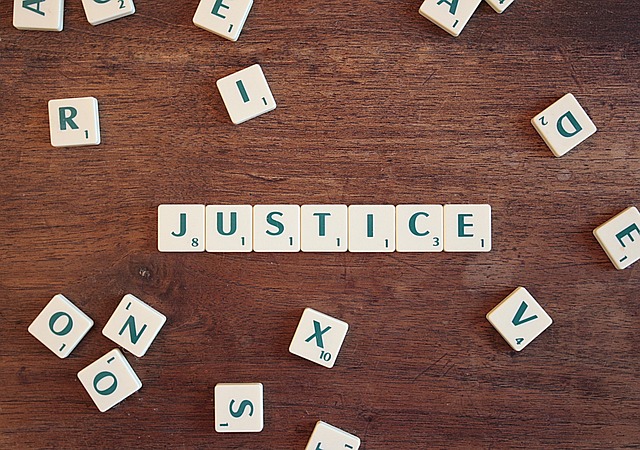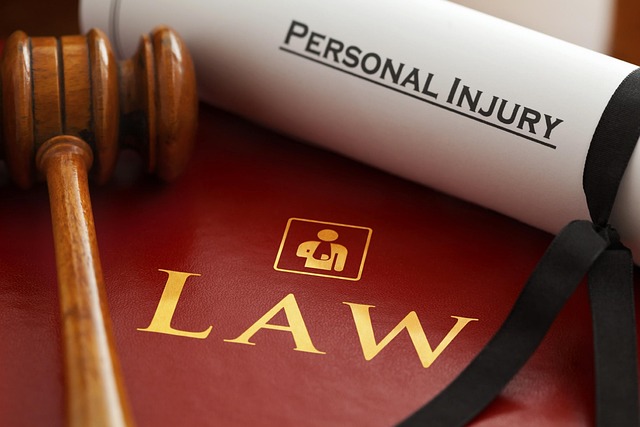Personal injury laws protect individuals harmed by another party's actions, demanding robust evidence to build a strong case and potentially dismiss charges. Essential evidence includes medical records, witness statements, photos/videos, communications, and supporting documents like expert opinions and forensic data. Legal professionals guide clients through complex processes, ensuring fair compensation; their expertise is vital in high-stakes cases where charge dismissal hangs on insufficient evidence. Detailed documentation of medical records and treatment history proves injury severity, justifies care, and highlights financial impact. Proving liability and damages requires robust evidence, including medical records, expert witness testimonies, and eyewitness accounts. Law firms strategize to secure compensation for physical injuries, emotional distress, and related losses.
“In the complex landscape of personal injury law, understanding the intricate dance between regulations and compensation is key. This article serves as your guide through the crucial aspects of RF Finance legal services specializing in personal injury cases. From deciphering relevant laws and regulations to navigating the evidence required—including medical records and treatment history—we explore the vital role of legal professionals. Learn how to prove liability and damages, ensuring you receive the compensation you deserve.”
- Understanding Personal Injury Laws and Regulations
- Gathering Essential Evidence for Your Claim
- The Role of Legal Professionals in Injury Cases
- Documenting Medical Records and Treatment History
- Proving Liability and Damages in Court
Understanding Personal Injury Laws and Regulations

Personal injury laws and regulations are designed to protect individuals who have suffered harm due to another party’s negligence or intentional actions. When navigating a personal injury claim, understanding the applicable laws is crucial for both corporate and individual clients. To succeed, claimants must be able to present compelling evidence that demonstrates liability and the extent of their injuries.
The Evidence Needed for a Personal Injury Claim varies depending on the jurisdiction but generally includes medical records detailing the injuries sustained, witness statements describing the incident, and any relevant photographs or videos capturing the scene or the aftermath. Avoiding indictment is not the focus; instead, the goal is to gather comprehensive evidence to ensure a strong case and, ultimately, a complete dismissal of all charges if the defense fails to prove their arguments.
Gathering Essential Evidence for Your Claim

When pursuing a personal injury claim, gathering robust and essential evidence is paramount to strengthen your case. This involves meticulously documenting every detail related to the incident, from medical reports detailing injuries and treatments to witness statements providing firsthand accounts. Additionally, preserving all relevant communication, such as insurance correspondences and any legal documents, is crucial for building a compelling narrative.
High-stakes cases often require an unprecedented track record of evidence collection and presentation. In complex situations where complete dismissal of all charges is at stake, meticulous attention to detail ensures your claim’s integrity. This process may include obtaining expert opinions, collecting surveillance footage, or gathering forensic data – all essential components in building a strong legal strategy for personal injury cases.
The Role of Legal Professionals in Injury Cases

In personal injury cases, legal professionals play a pivotal role in guiding clients through complex legal processes and ensuring they receive fair compensation. When a client seeks justice for injuries sustained due to someone else’s negligence or intentional actions, the first step is to gather comprehensive evidence that supports their claim. This includes medical records detailing the extent of the injuries, eyewitness statements providing accounts of the incident, and expert opinions from specialists relevant to the case. Legal professionals are instrumental in navigating this process, ensuring all necessary evidence is obtained and presented effectively.
For instance, when dealing with high-stakes cases or general criminal defense, the expertise of legal professionals becomes even more critical. They help clients understand their rights and obligations, strategize the best approach for their defense, and navigate potential outcomes, including a complete dismissal of all charges if the evidence doesn’t support prosecution. Their role is to ensure that every detail is considered, and justice prevails based on the merits of the case.
Documenting Medical Records and Treatment History

When pursuing a personal injury claim, documenting medical records and treatment history is crucial. This evidence is needed to prove the extent of injuries, the need for medical care, and the financial impact on the claimant’s life. Medical records provide a detailed account of diagnoses, treatments, and prognoses, serving as critical pieces of evidence in court.
For successful litigation, it’s essential to maintain comprehensive and organized documentation. This includes all reports from physicians, hospitals, and specialists involved in the case. Additionally, any prescription drugs, medical devices, or rehabilitation therapy notes can significantly strengthen a personal injury claim. This level of detail ensures that the claimant’s experience is accurately represented, especially when navigating complex legal proceedings against entities like general criminal defense firms or addressing white collar and economic crimes within the philanthropic and political communities.
Proving Liability and Damages in Court

Proving liability and damages in court is a complex yet crucial step for RF Finance Law Firms serving clients with personal injury claims. To succeed, robust evidence is needed that demonstrates the defendant’s negligence or intentional harm and the resultant damage to the plaintiff. This typically includes medical records detailing injuries, expert witness testimonies explaining causation, and eyewitness accounts corroborating the incident.
The all stages of the investigative and enforcement process demand meticulous documentation and preservation of evidence. Law firms must gather and analyze facts, interview witnesses, and review relevant policies or contracts to build a strong case. As seasoned professionals in their respective business, they guide clients through general criminal defense strategies while ensuring the focus remains on securing compensation for physical injuries, emotional distress, and other associated losses.
When pursuing a personal injury claim, understanding the legal framework and gathering comprehensive evidence, including well-documented medical records, are paramount. Legal professionals play a crucial role in navigating these complexities, ensuring that clients receive fair compensation for their injuries. By proving liability and damages effectively, individuals can secure the resources needed for healing and recovery, making it essential to engage RF Finance Law Firms with expertise in personal injury cases. Remember, the evidence needed for a successful claim is key to achieving a favorable outcome.






